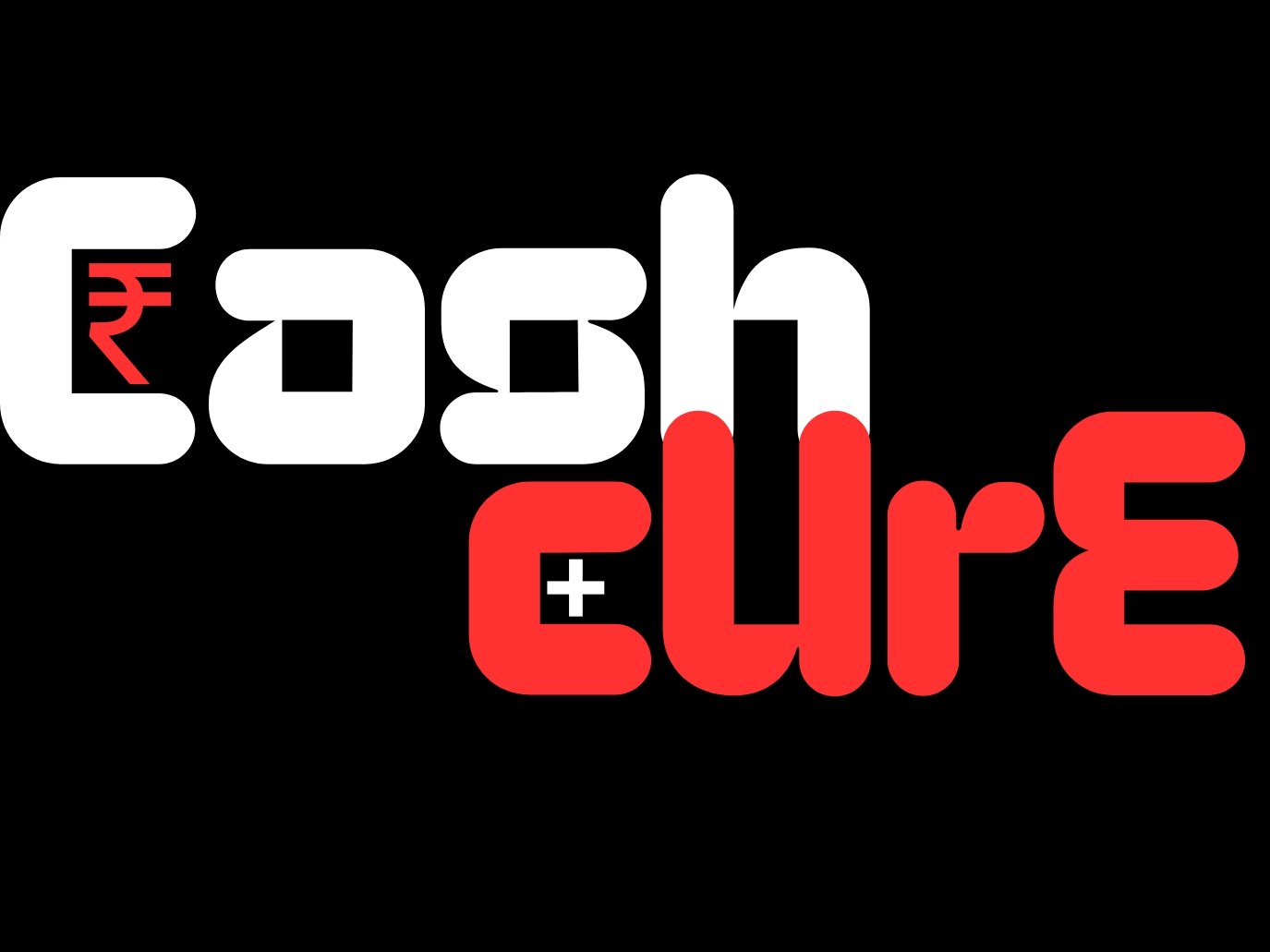When the hiring manager asks, “Do you have any questions for me?” at the end of your job interview, you might be tempted to respond with, “No, I think you answered everything.” However, this is a missed opportunity. The end of an interview is your chance to shine, demonstrate your preparedness, and showcase your critical thinking skills. It’s also your opportunity to determine whether the organization and its team align with your career goals.
Job interviews are a two-way street. As the employer evaluates you, it’s equally important for you to assess whether the company is a good fit for your skills, values, and work style. Asking thoughtful, insightful questions not only highlights your interest but also sets you apart from other candidates. Here are 15 must-ask questions to help you excel in your next job interview.
Culture and Values Questions
1. What about this position is most important, and how does it support management?
This question shows you understand the role’s broader impact within the company’s structure. It also provides insight into how your contributions will be evaluated and integrated into the organization’s goals.
2. Based on your experience, how would you describe the people at this company in three words?
A concise response will reveal the company’s core values and culture. This helps you determine whether the workplace aligns with your priorities and personality.
3. How does the company support employee mental health and well-being?
Workplace stress and mental health are critical issues. Understanding how the company prioritizes employee well-being will help you gauge its support systems and work-life balance policies.
Strategic Thinking Questions
4. What major challenges is the team currently facing that this role would help resolve?
By asking this, you position yourself as a proactive problem-solver. The response will give you a clearer understanding of the job’s priorities and challenges.
5. What would success look like in this role during the first six months?
This question clarifies expectations, allowing you to approach the role with confidence. It also demonstrates your results-oriented mindset.
6. What are your expectations for this role, and how can I exceed them?
This question signals your commitment to excellence and gives you insight into performance metrics and advancement opportunities.
Growth and Development Questions
7. Can you share examples of career development opportunities available at the company?
This shows your interest in long-term growth and continuous learning. It also provides insight into whether the company invests in its employees’ futures.
8. How does the company support employees interested in leadership roles?
This question reflects your ambition while helping you assess opportunities for advancement and mentorship programs.
9. What opportunities for professional growth will I have in this role?
A straightforward yet impactful question that demonstrates your commitment to evolving professionally. The answer will reveal the company’s approach to employee development.
Rapport-Building Questions
10. Can you tell me about your career path and what led you to your current role?
This question builds rapport by showing interest in the interviewer’s journey. It can also provide valuable insight into career progression within the organization.
11. What recent project have you worked on that excited you the most?
Asking this fosters an emotional connection and provides a glimpse into the company’s priorities and initiatives.
12. What do you love about working here?
This question invites the interviewer to share a personal perspective, offering authentic insights into the company culture and employee satisfaction.
Questions Addressing Concerns
13. Is there anything I’ve said that makes you doubt I’d be a great fit for this position?
This bold question shows confidence and a willingness to address any concerns. It provides a chance to clarify or elaborate on any aspects of your candidacy.
14. What is the history of this position?
Understanding whether the role is newly created or a replacement gives you context about its importance and potential challenges.
15. How can a top candidate contribute to the company beyond the job responsibilities?
This demonstrates your understanding of adding value beyond the outlined role, emphasizing your commitment to the company’s broader success.
Conclusion: Job Interviews Are a Two-Way Street
Remember, a job interview is not an interrogation but a dialogue. While the hiring manager evaluates your fit for the role, you’re assessing whether the organization aligns with your goals and values. By asking these 15 thoughtful questions, you’ll demonstrate your interest, insight, and readiness to contribute meaningfully. Equip yourself with these questions to leave a lasting impression and improve your chances of landing your dream job.


Leave a Reply
You must be logged in to post a comment.